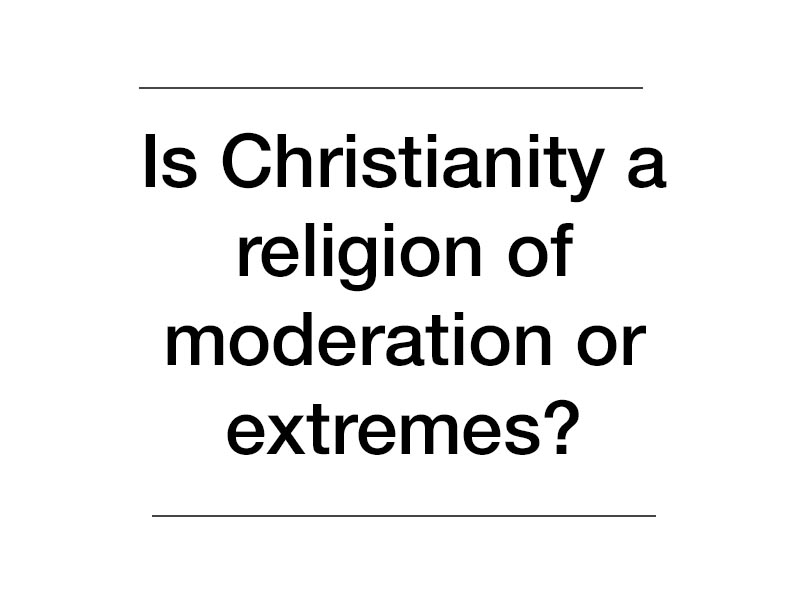Category: Opinions
December 07, 2013
Opinions
Students and the Recognition of the Sabbath
Every Sabbath, I ask myself this: to do homework or not to do homework – that is the question. Whether…
Two Views: Would Widespread Economic and Political Freedom Create Global Peace?
Among a certain subset of people in the world, there is a strong belief that the primary requirement for “world…
Two Views: Would Widespread Economic and Political Freedom Create Global Peace?
Though I would agree with Sarah Slater’s point that global peace could never be entirely accomplished due to the presence…
November 22, 2013
Opinions
Selflessness and Humility in the NCCAA
This past weekend the Houghton cross country team competed at the National Christian College Athletic Association National Championship meet in…
November 15, 2013
Opinions
SPOT Falls Short of Houghton Standards
Crowds filled the Houghton chapel on Homecoming Saturday night for the SPOT talent show. Students stood in line for hours,…
November 15, 2013
Opinions
October Break Should Be Extended
My home is in eastern Virginia, roughly a ten-hour drive from Houghton. Each year, I must decide whether or not…
November 15, 2013
Opinions
Residence Hall Rules are an Insult to Integrity
Houghton College prides itself on being different from other schools. What makes Houghton unique is the school’s concentrated effort to…
November 08, 2013
Opinions
A Particular Kind of Brokenness
“What use could God possibly have for a soul that has been completely emptied?” This question encompassed my reflections back…
November 08, 2013
Opinions
Missiology 101
Hello, Phil. I hear you’ve got to know this new fellow who has moved into your town lately, and I’ve…

November 08, 2013
Opinions
Idolization of the Extremes
Christians go back and forth on whether ours is a religion of moderation or extremes. On the one hand, we…
